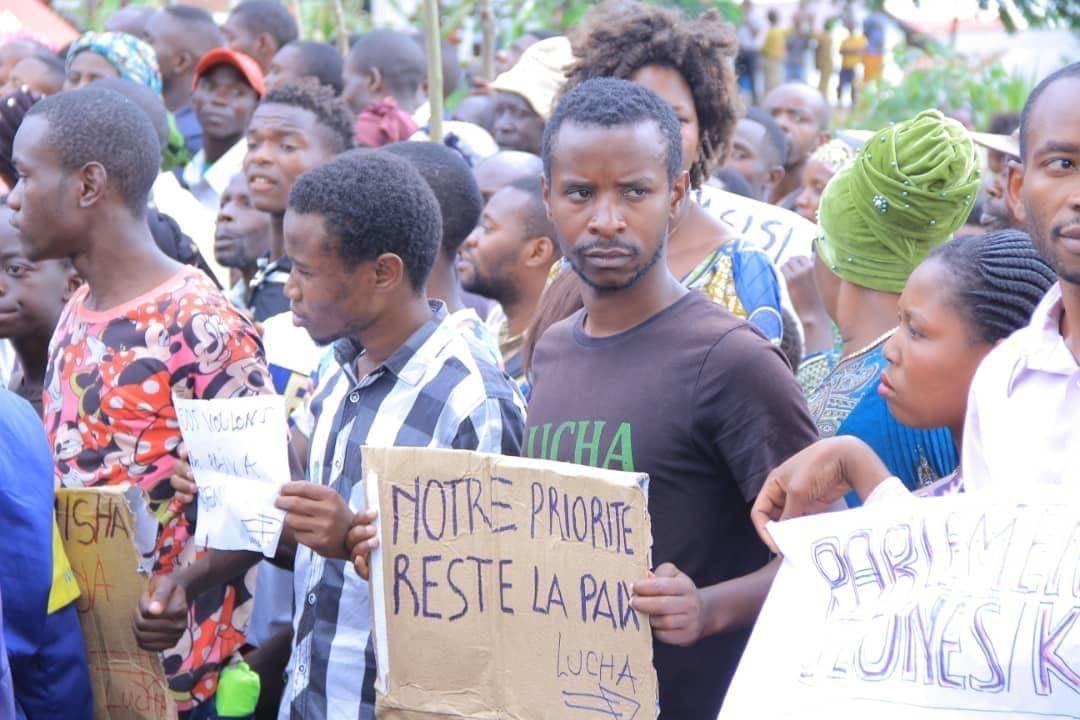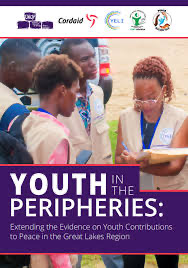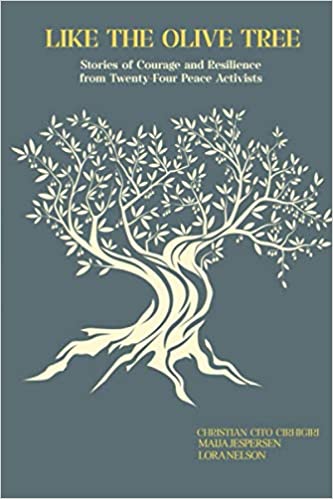Consultancy & Research
Through our global network of peacebuilding researchers and experts, we carry out surveys and studies for our clients on various peacebuilding issues.
Translating global policy frameworks in Colombia: Peacemaker 360 is helping Dag Hammarskjöld Foundation to conduct a country case study, analysing how the UN Mission and individual UN agencies have worked to promote inclusion in Colombia. The consultancy explores how the UN has operationalised the following policy frameworks to advance inclusive peace and development, recognising the importance of working across all four: the 2030 Agenda for Sustainable Development; Security Council Resolution 2250 on Youth, Peace and Security; Security Council Resolution 1325 on Women, Peace and Security; and parallel resolutions by the Security Council (SCR 2282) and General Assembly (70/262) on sustaining peace.
Youth and Peacebuilding
Young people around the world are charting creative and innovative ways to build peace. This report shares key insights and policy recommendations to enhance youth inclusion in peacebuilding processes, which has the voices and views of young peacebuilders at its heart.
Environmental Accountability of Extractive Industries and Community Resistance in the Wamuzimu Chieftaincy in Eastern Congo
The article studies conflicts surrounding extractive industries in Wamuzimu chieftaincy in eastern DRC, shedding light on the long-lasting effects of unchecked industrial development. While peacebuilding and transitional justice efforts focusing on conflicts of the here and now remain urgent, I question how organizers might build leverage for community reparations that could offer stability and security to long-suffering communities.
To read the full article and other excellent readings from the Special Issue, follow the Journal Social Encounters Volume 7, Issue 1 (March 2023) Extractive Politics, Conflict and Peacebuilding

Increasingly, transitional justice (TJ) mechanisms are implemented in contexts of ongoing violence where youth are often perceived as victims or perpetrators of human rights violations. This reductionist conceptualization of youth is problematic for understanding the diverse identities of youth in contexts where large-scale human rights violations occur. It also obscures the positive roles of youth as non-State actors in advancing human rights accountability and preventing the recurrence of specific human rights violations. This article explores how youth participation in LUCHA—a countrywide youth movement born from Goma (North Kivu) that advocates for greater political and civic involvement of Congolese—influences youth understandings of justice and contributes to the non-recurrence of specific human rights violations. Using collective participation as a conceptual lens and semi-structured interviews and focus groups conducted in 2015 and 2021 with LUCHA activists, the article contends that overemphasizing State actors eclipses non-State actors’ roles—including youth-led peace and justice initiatives in areas where State actors are inexistent or have weakened legitimacy. The article’s central claim is that ignoring the nexus between youth participation and justice understandings, particularly in contexts of ongoing violence, limits TJ’s full potential to unfold in these contexts. By zooming in on the TJ pillar of Guarantees of Non Recurrence (GoNR), the article is an invitation to further interrogate youth’s roles in TJ contexts and expand the field’s toolkit to accommodate their unique contributions.

Youth in the Peripheries
Extending the Evidence on Youth Contributions to Peace in the Great Lakes Region :
The findings were gathered by young researchers from 3 UNOY member organisations: YELI Burundi, Youth Social Advocacy Team in Uganda, and Peacebuilding Team in the DRC. By going beyond the internationally recognised avenues of the implementation of the YPS agenda, such as the participation in decision-making and political processes, this research focuses on the creation of formal and informal peacebuilding spaces by young people across the borderlands of the mentioned countries. The borderlands offer a unique perspective for this research as they offer access to social fabrics and understandings of different cross-border contexts not found in traditional or institutional settings. Finally, conducting research within borderlands is key to policy change because of its access to informal settlements and refugee camps, contexts that are often neglected in general consultations.
Join our mission. Volunteer, Donate, Advocate. Get Started Today.
History
Started in 2016, Peacemaker 360 is a 501 c(3) founded by Christian Cirhigiri, a peace activist from the Democratic Republic of Congo. The idea emerged from his Master’s thesis research where he investigated the roles played by young activists in eastern Congo, Burundi and Sri Lanka in promoting ethnic reconciliation in their communities.
One of the key findings of Christian’s research was the lack of visibility in both mainstream and social media of the incredible works done by these youth and their life stories. With that shocking realization, Christian committed efforts to connect with young peacebuilders around the world and share their stories with the goal of creating a global community of peace activists that learn from each other’s experiences and encourage each other to continue working for peace. To date the campaign has featured and connected 0ver 200 peace activists, increasing the visibility of their works in different peacebuilding platforms.
Impact
– Inspires and connects 6000 peacebuilding professionals through storytelling every year.
– Our campaign has featured stories of over 200 peace activists from 35 countries
– Working on a short book featuring stories of 30 activists (due by February 2019)
– Participated at the “Peace Stories War Stories” forum in New York , April 2018
– Recognized by PartnersGlobal One of the leading storytelling online platforms focused on peacebuilding.
How to get involved locally?
Decide to volunteer with initiatives of peace activists featured by PM 360 and share with us, your experience. Write to us, we can connect you!
Be a voice for those whose rights are oppressed around you.

